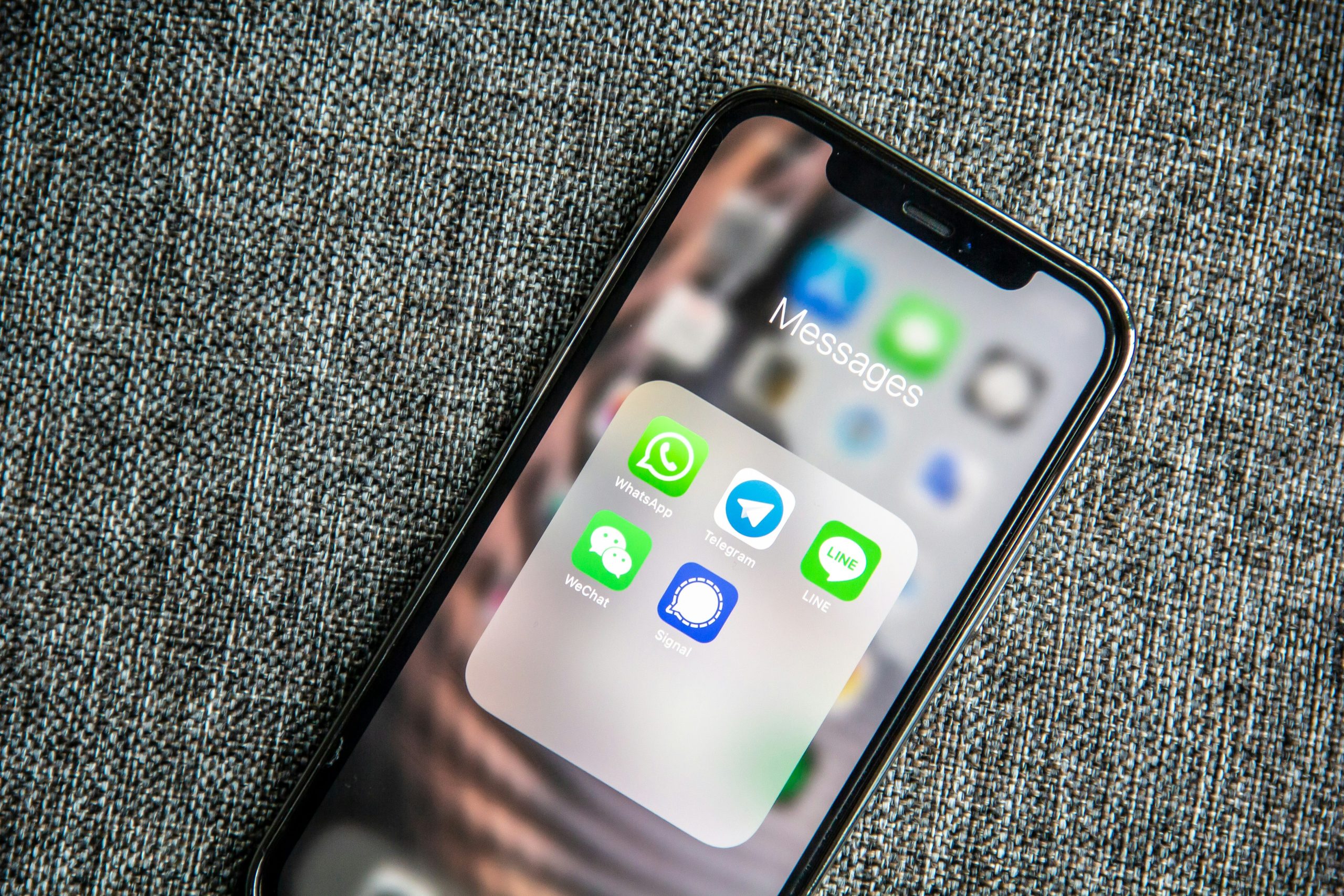 Latest revelations on the News of the World’s phone-hacking scandal puts the police under the spotlight, says Brian Cathcart. The Met should be taken off the case and the investigation reopened
Latest revelations on the News of the World’s phone-hacking scandal puts the police under the spotlight, says Brian Cathcart. The Met should be taken off the case and the investigation reopened
The case presented by Sienna Miller in her action against the News of the World dramatically raises the stakes in the phone-hacking affair. The paper and its former editor, Andy Coulson, look more exposed than ever, but even more importantly the Metropolitan Police has moved to the very centre of the scandal.
We like to think that a good detective leaves no stone unturned in the pursuit of truth. In the Met’s phone-hacking investigation of 2006 it now seems that, on the contrary, almost every stone was left unturned, no matter how suspicious it looked. Miller has now turned one over all on her own, and what it reveals looks very bad for Scotland Yard.
Her claim document states that when the Met arrested the NoW hacker Glen Mulcaire in 2006, among the documents they seized were the following:
— the number, account number, pin number and password for not just one but three successive mobile telephones she used
— the times and dates of a number of mobile phone calls she made
— the contents of two voicemail messages left on her mobile phone
— the mobile phone number, pin number and password of her friend Archie Keswick
— the confidential mobile phone numbers of Jude Law and of his personal assistant
— the confidential mobile phone numbers of Miller’s publicist and the address and home telephone number of Miller’s mother
Just a reminder: voicemail hacking is illegal and all these materials were in the hands of a man employed full time by a national newspaper.
This impressive file should surely have been enough, you might think, to arouse the suspicions of even the least inquisitive of detectives. But no. No detective saw fit to phone or visit Miller either to alert her that she might have been a victim of a campaign of illegal intrusion or to inquire whether she had anything to say.
On the evidence of the claim document, if detectives had contacted her they would immediately have been presented with another impressive bundle of evidence. She could have told them about new messages that mysteriously appeared in her voicemail queue as messages already accessed, about messages that disappeared altogether, about her concerns in 2005-06 that her phone was being hacked, and about stories that appeared in the News of the World which she could not account for.
If detectives had then examined some back numbers of the News of the World, they would have found at least 11 articles relating to Miller whose origins they might have investigated in a phone-hacking inquiry.
But there was no investigation of Miller’s case at all. The Met contented themselves with a prosecution which implicated only one reporter at the News of the World — Clive Goodman — and left the rest of the organisation untouched. The offices of the paper for which Mulcaire did his hacking were never raided. No journalist other than Goodman was even questioned.
Worse, the Met sat on the Miller information. The claim document hints at the effect of hacking on Miller — her personal distress, her suspicions of close friends, her repeated changes of phone, her sense of being exposed. But the Met did not tell her what it knew.
She has had to go to court to secure documents giving her that information, and the Met released it with the greatest possible reluctance — just as it is currently employing every legal means to prevent many others from finding out whether they were hacked.
When the Commons select committee on the media looked at all this last year (and, to declare an interest, I was an adviser) it criticised in blunt terms the Met’s failure to even question three News of the World journalists — Neville Thurlbeck, Greg Miskiw and Ross Hindley aka Hall — in connection with a very simple paper trail of phone hacking evidence.
At that time, the Met’s position in this scandal appeared to be a secondary one, though very serious — it had conducted a bad investigation and failed to get to the bottom of the affair. The picture is now much darker than that.
Much fuller disclosure of the Mulcaire documents is now required, so that everyone who was targeted knows about it. And the Met needs to answer a lot of questions about why it failed to investigate the News of the World in a proper and timely fashion. At the very least, the force should be removed from all contact with the case and with the evidence, and a reinvestigation should be undertaken by outsiders.
Finally, it is worth noting that Miller’s claim document contains the strong suggestion that at least three more people associated with her have a case to sue the News of the World. About 20 people are already suing or are about to sue. For the newspaper too, it’s definitely not over.
Read more Brian Cathcart on Metgate here, here and here
Brian Cathcart teaches journalism at Kingston University London. Follow him on twitter at @BrianCathcart




